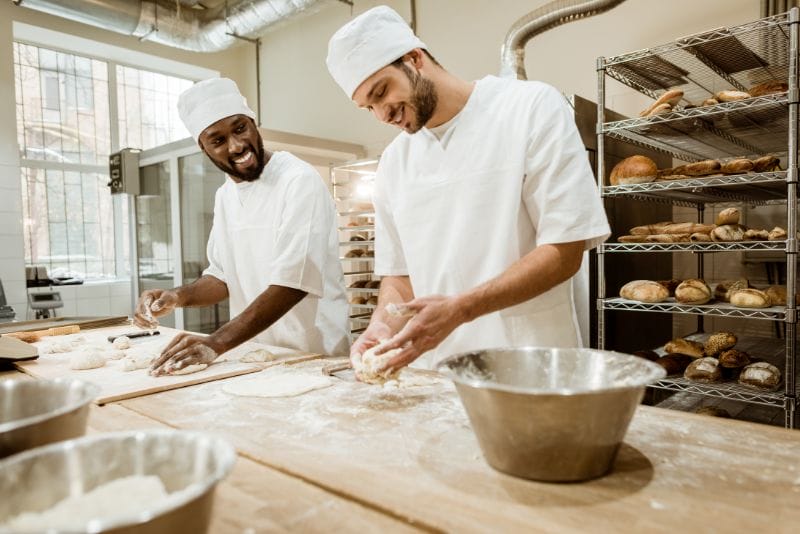Panelists also said it’s crucial for everyone to be educated on terms and conditions that will be discussed. Rocha said it’s important to meet people where they are, even if it’s hard.
“The importance of defining terminology is imperative so we can know all these terms and perspectives,” he said. “Team members want to know how this will impact them on a daily basis. You have to meet them where they’re at and have humility because these can be hard conversations.”
Another critical element to building an inclusive culture is active listening. Hearing others’ experiences and concerns is the path to making truly actionable change. It’s critical to prioritize that for current employees and also to attract new talent.
“One of the most important things is to listen to each other,” Lang-Perkins said. “We want to represent the customers and markets that we serve, so that bleeds over into recruiting diverse talent. We want to make sure everyone feels like they belong — because they do.”
For the baking industry, a key part of that puzzle is stepping up to the plate and delivering on initiatives. Stockwell highlighted the importance of assessing progress toward DEI goals honestly, identifying opportunities for improvement and focusing on filling those before moving on to something bigger. DEI is not something you conquer in one day, and companies have to be “all-in” to truly make change and drive inclusion within the organization. In a world where more external diversity pledges are being made, it’s natural to want to jump in. However, you have to make sure your own company’s DEI programs are having the intended impact before focusing on the next project.
“You have to look at where your company is, because communities can see right through that lack of authenticity,” Roca said. “You have to put it into action. As Paula says, ‘Do we have our house in order?’”
As priorities and cultural expectations shift when it comes to the working world, employees want to be seen as whole people. It will not only make the workplace feel more equitable but will also welcome new people come into the industry knowing they’ll be respected and celebrated for who they are.
“People want to know that we in the baking industry get it, especially with everything the pandemic has put us through,” Lang-Perkins said. “They want to know we can have honest conversations and can make employees feel supported.”











